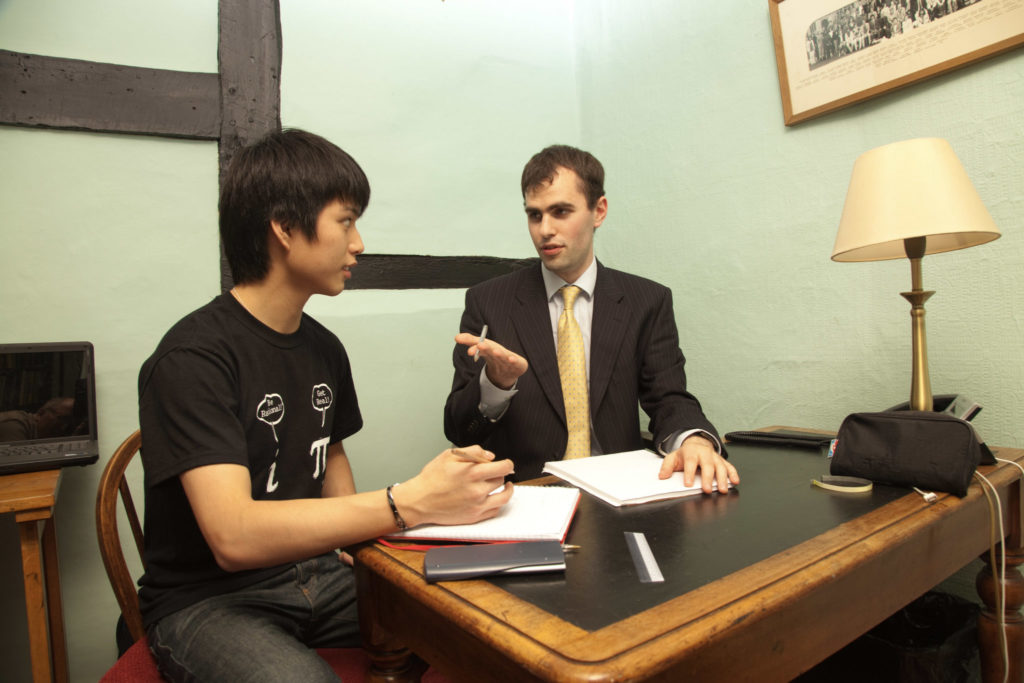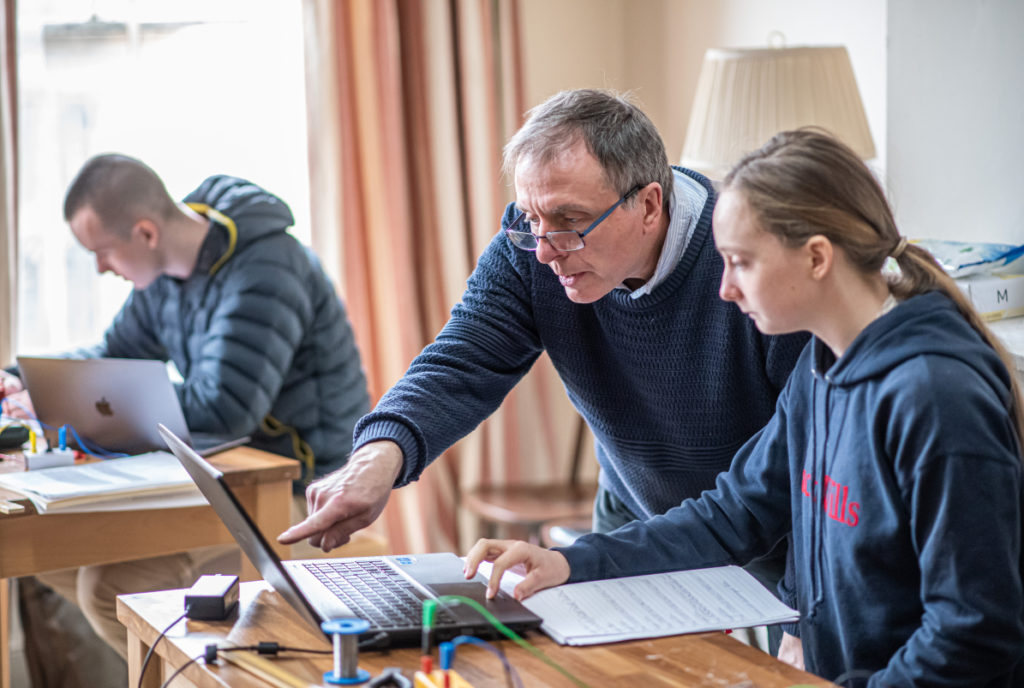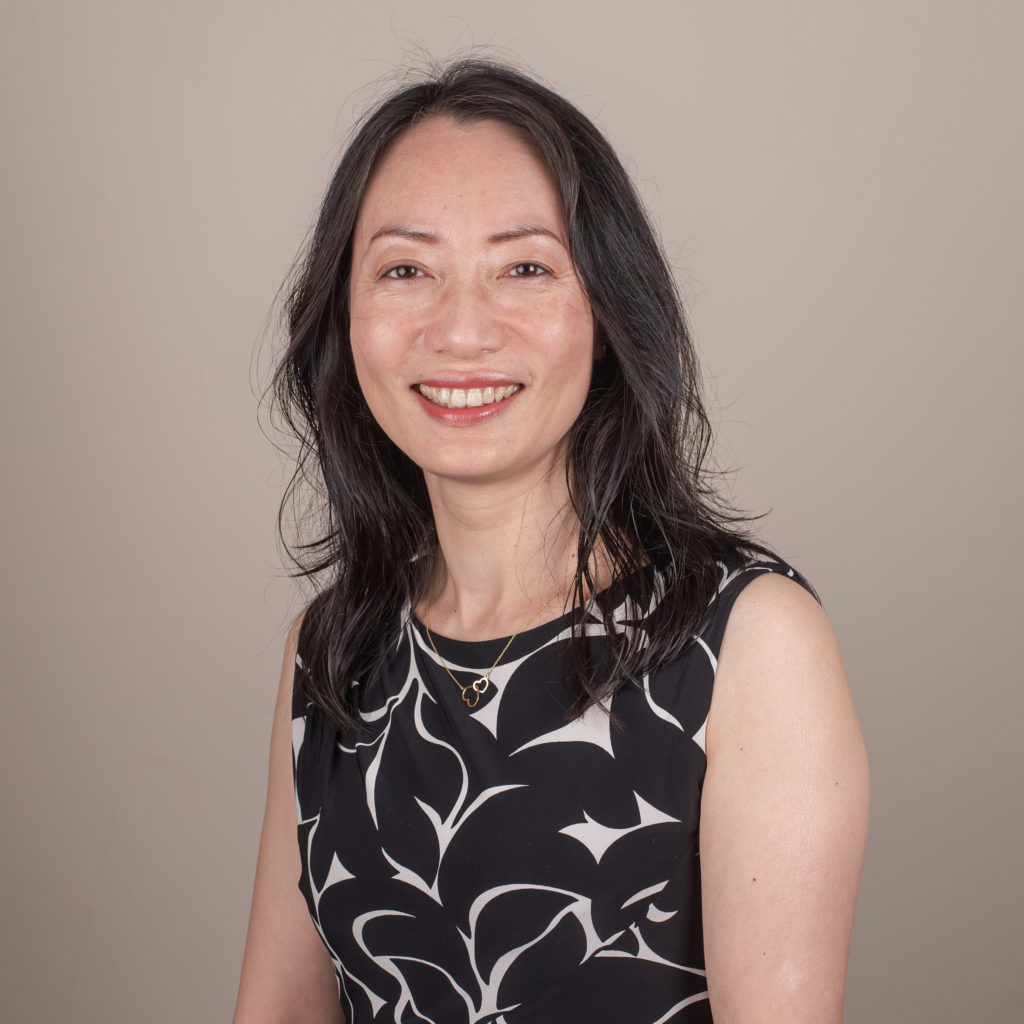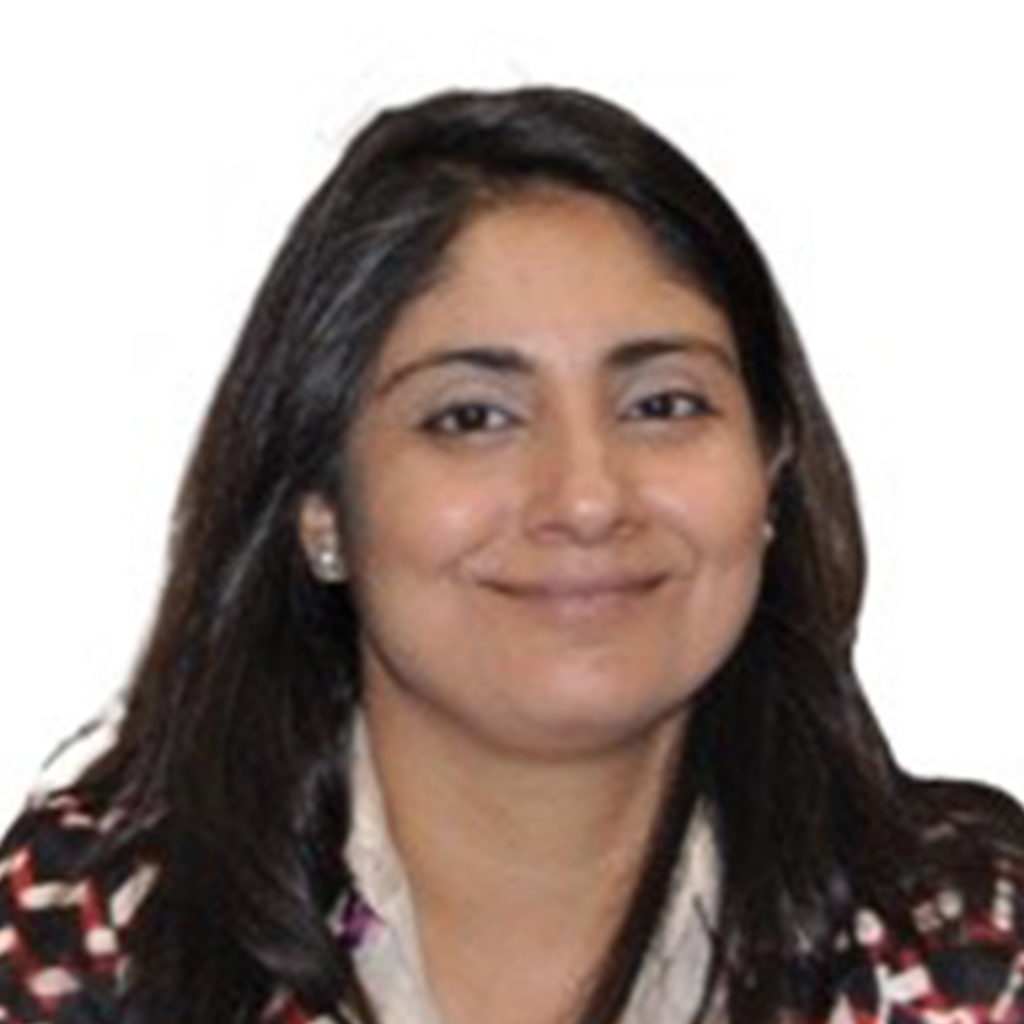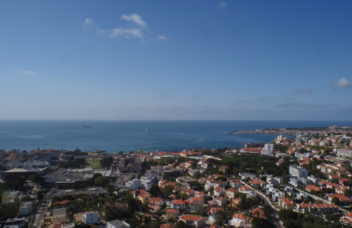DR. ADRIAN AGER
B.A. (Oxford Brookes), Ph.D. (Oxford Brookes)
After completing his undergraduate degree in English and History, Dr. Ager embarked on a Ph.D. in the History department at Oxford Brookes and began teaching as an associate lecturer at the university. Dr. Ager has a wide experience of teaching English and History to a range of students of different ages, levels and backgrounds, Key Stage 3, GCSE, iGCSE, A level and I.B., and those with special educational needs. He is adept at focussing on the required outcomes for younger, as well as older students, whether for U.K. or international examinations.
RHIANNON EDWARDS
B.A. (Oxon)
Miss. Edwards is a friendly and personable tutor with an infectious love of language and learning. Her undergraduate studies were completed with a B.A. in Modern Languages (Spanish) from the University of Oxford. During her undergraduate studies, she studied American Literature at the University of Buenos Aires, obtaining a 95% score in overall assessment for the semester. Miss. Edwards has been a mentor to Oxford and Cambridge applicants, assisting with the practice interviews, aptitude test preparation and Personal Statements required for successful university entrance.
ALICE LEE
B.A. (SUNY Geneseo), M.Sc. (Oxon)
Alice completed her undergraduate degree in Anthropology with minors in English and Spanish at SUNY Geneseo in 2020. After this she completed an M.Sc., with distinction, in Archaeological Science at the University of Oxford in 2021. Alice has tutored in a variety of subjects at the undergraduate and pre-university level including Spanish, Geography, Biology, Anthropology, Statistics, and SAT Reading and Writing.
ANGUS MCFAZDEAN
M.A. (Glasgow), M.Sc. (Edinburgh), D.Phil. (Oxon.), CETL
Angus lectures in English Literature at the University of Oxford, U.K., and has been working for Greene’s since 2011. Angus was awarded his D.Phil. from the University of Oxford for his doctoral research on James Joyce, and he has numerous publications to his name, covering a wide spectrum of English Literature. Angus achieved 1st class honours for his undergraduate degree from the University of Glasgow, U.K.; and a Distinction for his postgraduate master’s degree from the University of Edinburgh.
SHELLEY JOYCE
Shelley holds certificates in Pharmaceuticals, Accounting, English and Management from different universities in China, including Shanghai Jiao Tong University and Shanghai International Studies University. Since relocating to Oxford in 2006, Shelley has tutored Mandarin Chinese with many private students from early years to adults and from beginner to advanced levels. As a language tutor, Shelley believes that it is very important to form a good relationship/bond with students. This way, the students look forward to their lessons, are more willing to listen and to interact and even to do homework, therefore they learn better and quicker.
CAITLYN BRINKMAN-SCHWARTZ
B.A. (Reed College), M.Sc. (L.S.E.), M.Phil. (Oxon.), D.Phil. candidate (Oxon.)
Ms. Brinkman-Schwartz’s academic career has a strong interdisciplinary component, exploring the intersections of history and literature. For the past ten years she has taught IGSCE, A level and undergraduate students, as well as students following an American curriculum. In addition to teaching, she has worked as an archival researcher for such prestigious institutions in the U.S. such as MIT and Harvard, and as a Latin translator.
SARA DIN
M. Pharm. (Porto), PGCE (Buckingham)
Mrs. Din has benefitted from the British system of education, both in her home town of Porto, Portugal and in the U.K. Mrs. Din’s aim is not only to ensure that the students can understand and apply the underlying concepts behind the subject, but that they can also relate the same concepts and theories to the world in which they live, and so appreciate and enjoy the relevance of their studies.

